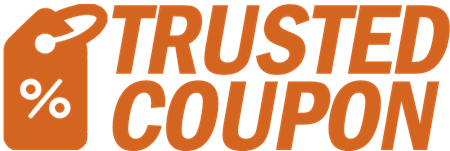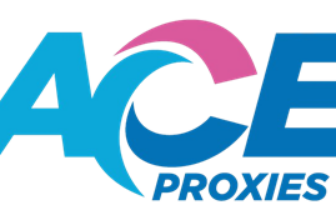
Effects of Privacy Issues to Link Cloaking and Affiliate Commissions
[ad_1]
Widespread public concerns on the issues of privacy within the internet has influenced changes on how web sites and their visitors, or how browsers and servers, communicate with each other. In this process of communication, browsers may block or reject cookies causing possible losses of commissions for millions of affected affiliates.
What is a privacy policy?
A privacy policy is a legal document (or a statement) in your web site that states what kinds of data you collect from the internet and how you plan to use and secure these data. The actual contents of a privacy policy vary from site to site. But in general terms, they should take into consideration the applicable laws, including the technical requirements or regulations issued by other competent authorities, in different countries.
Privacy issues
The information age has seen companies take advantage of the easy and fast way to gather data and personal information of people online. Companies collect, process and store huge databases of personal information through their web sites, raising concerns from the public because of possible misuse of these data. Any misuse can create a range of problems such as unwanted emails, identity theft, forms of discrimination and many others.
Issues of privacy is increasingly raised in many forums as the exchange of information between computers, companies, schools, people and countries continue to grow exponentially. Privacy is becoming an issue for everybody, including government institutions, private corporations, web site owners or plain individuals. Technologies, like P3P, was developed precisely to address the issue of privacy in the internet.
Development of P3P
The Platform for Privacy Preferences Project, or P3P, is a protocol developed and introduced by the World Wide Web Consortium (W3C). P3P is a protocol that addresses privacy issues, especially data or information privacy. A protocol is a uniform set of prescribed rules or regulations that enable two electronic devices to communicate, transmit or exchange data with one another. Protocols make possible the transmission and exchanges of data between computing devices and over networks.
P3P enables Web sites to develop their privacy practices in a standard format that is easy to retrieve and interpret by user agents (like internet browsers). During a site visit, P3P compares what personal information the user is willing to release, and what information the server wants to get. If the two do not match, P3P informs the user and ask for a decision to go ahead or not, knowing the privacy risks involved. under certain conditions, depending on the privacy preferences of the user, or on a particular compliance on P3P technical requirements, a browser may automatically reject a cookie, affecting many affiliates.
For more information about P3P go to this site- https://www.w3.org/TR/P3P/.
Link cloaking
Link cloaking is a technique used by many internet marketeers to protect the privacy of their affiliate links and avoid problems like lost commissions from theft. Cloaking is done when an affiliate uses some sort of software tool or script to hide his/her affiliate link inside “redirect pages”, “cloaking pages” or something similar. Unknown to many affiliates, link cloaking is not totally safe. There is a problem associated with cloaking that came about as a result of the use of P3P technology.
Almost all affiliate programs use “cookies” to track down the identities of associates referring visitors to their sites. But browsers may block the setting up of these cookies if certain requirements related to privacy policies are not met resulting in lost commissions for affiliates. Some cloaked affiliate links suffer from this problem. If a particular affiliate program has this kind of problem, it is obviously better not to cloak the affiliate link.
[ad_2]
Source by Sammy B Sabenecio



